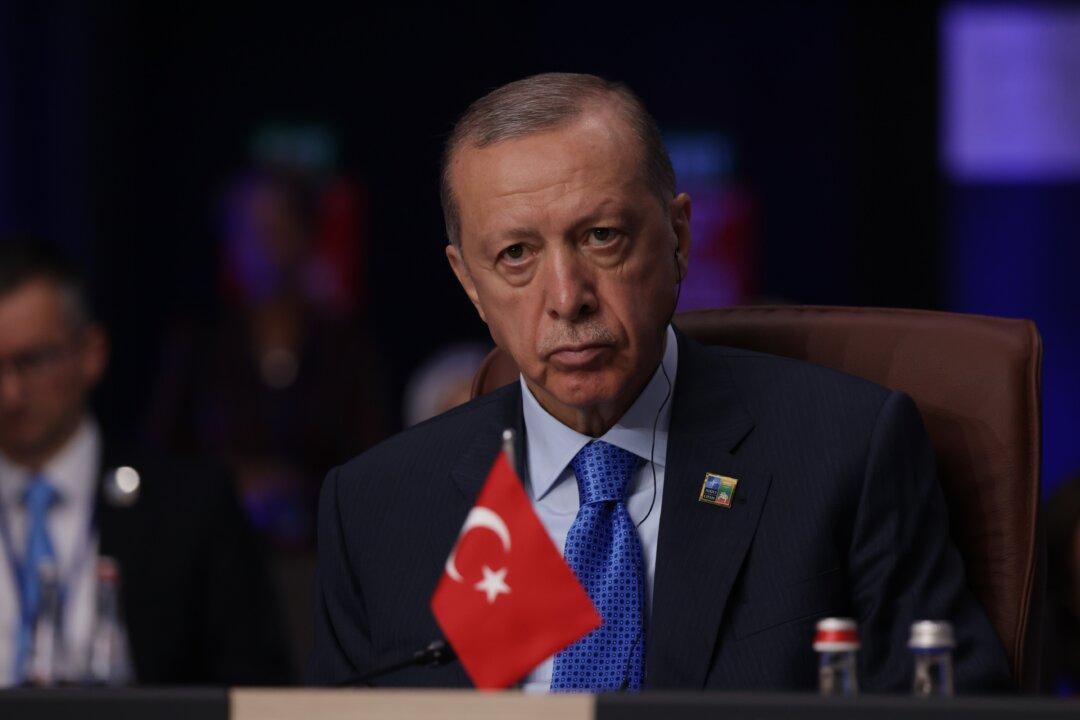Turkey hopes to begin a “new process” with the United States, Turkish President Recep Tayyip Erdogan said during a meeting with his U.S. counterpart at a landmark NATO summit in Lithuania.
Speaking on the summit’s sidelines on July 11, Mr. Erdogan said it was “high time for the [U.S. and Turkish] heads of state to get together for further consultations.”





